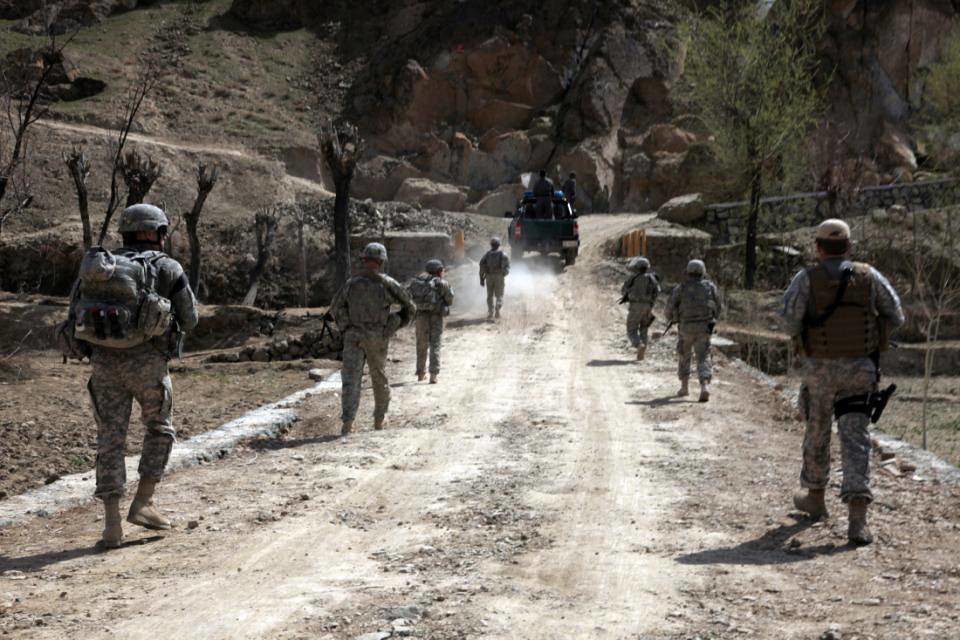“The impacts of militarized foreign policy in the MENA region” is the 3rd synthesis paper arising from the Sustaining Alternative Links beyond Arms and the Military (SALAM) round-table debates, as part of the Pathways to Renewed and Inclusive Security in the Middle East (PRISME) project.
SALAM aims to “rethink the centrality of the arms trade in international relations with and among Middle East & North Africa (MENA) countries.” In the third debate, participants were asked: What are the impacts of militarized foreign policy, and how does it affect approaches to issues like migration and terrorism?
Dr. Emma Soubrier, Director of PRISME, writes:
Participants delved into the complex consequences of militarization within and upon the MENA region, noting the intricate balance of sovereignty, geopolitical interests, and humanitarian justifications in regional and external actors’ foreign policies. The debate examined these policies from various perspectives: 1) analyzing trends and outcomes of the militarization of foreign policies within the MENA region; 2) assessing the roles and effects of external powers’ militarized approaches to the region; and 3) evaluating the long-term repercussions on regional stability and human security. While acknowledging the historical and political factors behind the prioritization of military strategies by many actors, participants also highlighted key adverse consequences, such as the destruction of infrastructure, socioeconomic devastation, the rise of extremism, and the exacerbation of conflicts. The workshop emphasized the need to prioritize genuine humanitarian concerns and sustainable peacebuilding efforts over short-term military objectives and geopolitical gains.
PRISME aims to redefine the conception of “security” in the Middle East and North Africa, as the starting point for strategic relations between MENA countries and their European and North American partners. It does so in pursuit of effective, collaborative approaches to ensuring a more peaceful and stable future. To this end, PRISME sponsors dialogue and debate between foreign policy professionals across diverse backgrounds and perspectives. These include individuals in governments, thinktanks and academic institutions located in the MENA region, Europe and North America, with a specific focus on engaging young and emerging thinkers and practitioners. Its goal is to re-define security in the Middle East, broadening the definitions of what it looks like, for whom, how it can be achieved, and how outside actors can contribute to it.
Pathways to Renewed and Inclusive Security in the Middle East (PRISME) is part of the World Peace Foundation’s research, policy and activism project, “Revitalizing Debate on the Global Arms Trade” and is possible by a grant from Carnegie Corporation of New York. The statements made and views expressed are solely the responsibility of the author.



